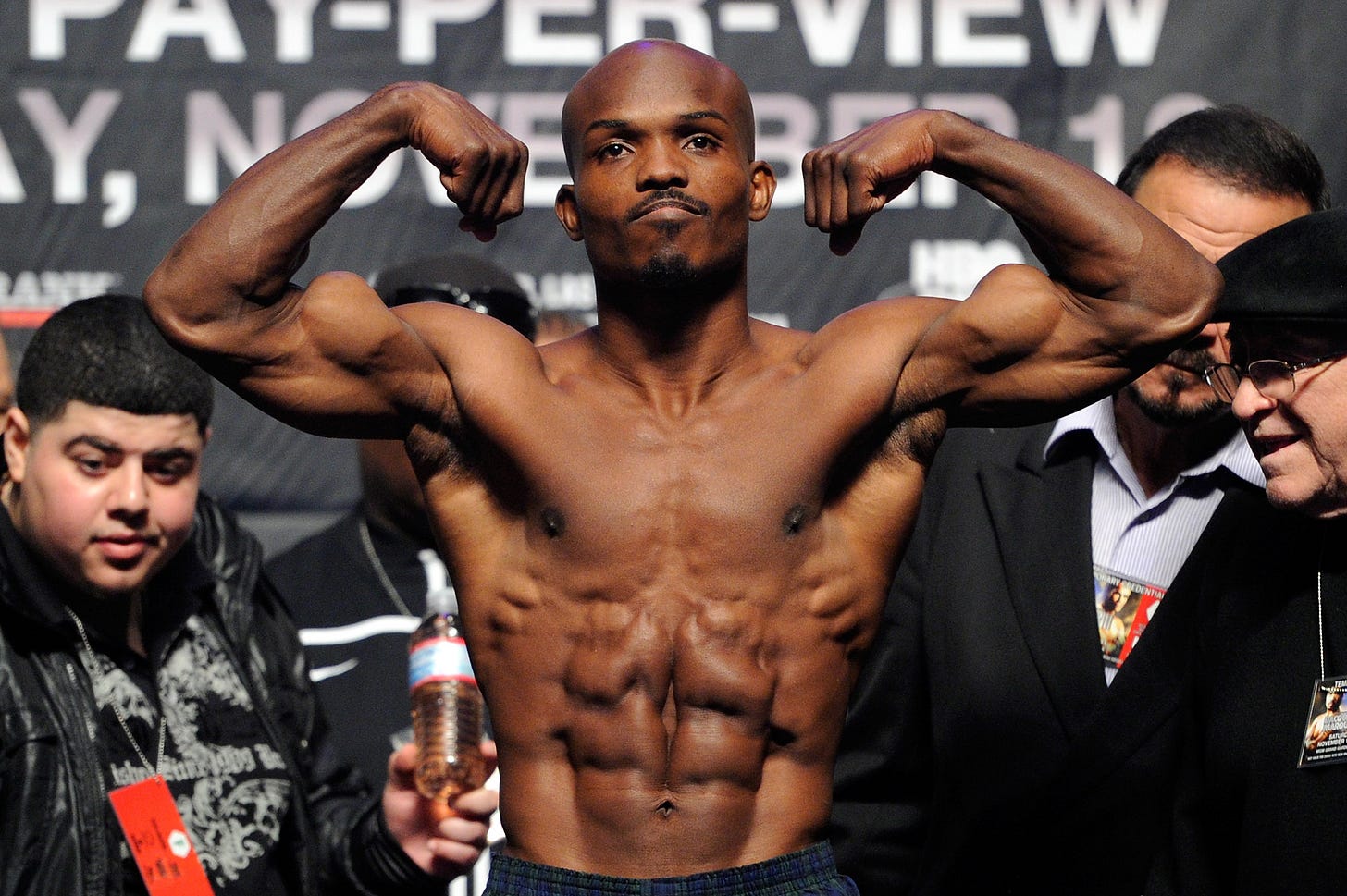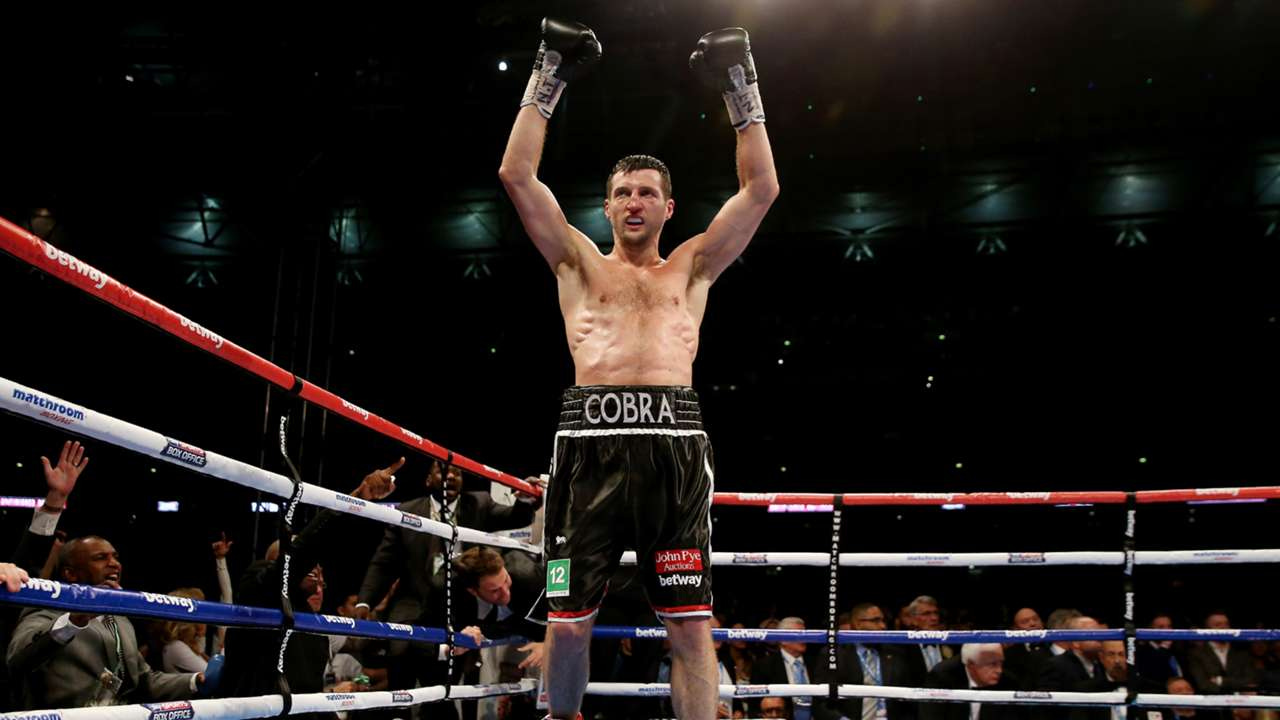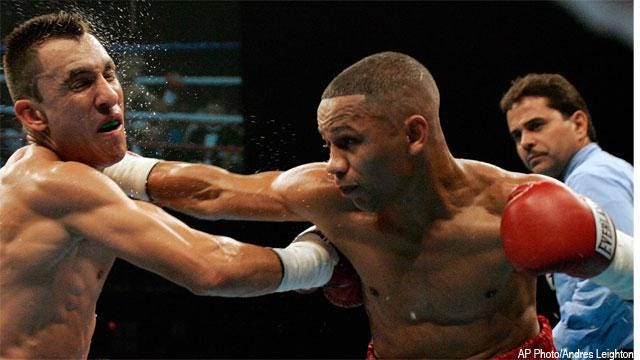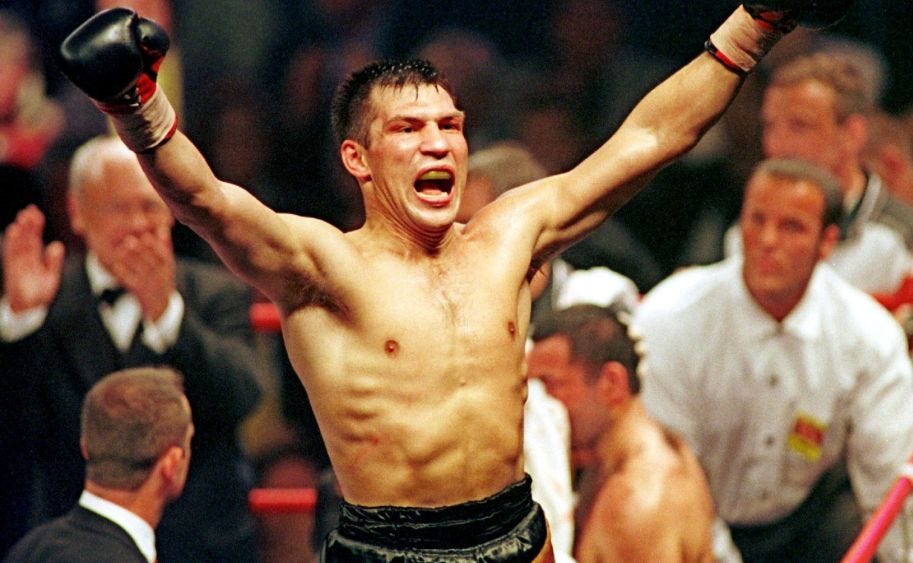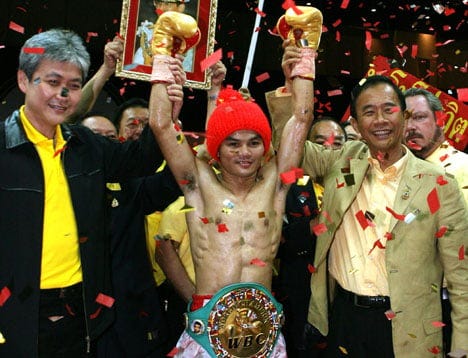It took me five long years to get here, but I finally reached my goal. I am now a full member of the Boxing Writers Association of America (BWAA), which means I get to vote for the Modern Male Class of the International Boxing Hall of Fame (IBHOF). This is a big deal because one of the main reasons why I started my writing journey in 2016 was to join the BWAA so that I can become an elector for the IBHOF.
According to its website, “The BWAA is an organization of professional journalists. We’re not for hobbyists and passionate fans, even those who have found online outlets that are willing to run their writing. A significant number of applicants are not accepted for membership. This is not a matter of personalities. It reflects the same need for standards that is maintained by other professional writers’ organizations, such as the Baseball Writers Association of America.”
I first applied to the BWAA in 2018 and was rejected for not having written enough quality pieces. I was denied once more after re-applying in 2019 for similar reasoning. Although it was another bitter pill to swallow, I stayed committed to my goal, knowing it would be worth the effort when I eventually earned the voting privilege.
Thankfully, my persistence paid off in 2020 when the BWAA granted me auxiliary membership status. I was excited to have taken a significant step forward, but I still had yet to reach the summit because auxiliary members do not get to vote for the IBHOF.
I applied for full membership in 2021 but was unfortunately rejected again. That meant another year of writing and improving, which I accepted. Finally, this past summer, I was awarded full membership status.
I was proud of having not given up on myself during the past five years and not letting the rejections define or deter me. This experience showed me that I can achieve anything I fully put my mind and heart into attaining. If you have a challenging goal, you have to be willing to fail along the way and not quit. Take each failure as an opportunity to learn and improve, and then keep working toward your mission. Eventually, you will get there.
Since this was my first year of voting, I wanted to ensure I thoroughly examined every candidate on the ballot. I created an Excel sheet with various statistics of each fighter, including their career record, number of title defenses, record in title fights, and record vs. HOFers, to name a few. This careful analysis is integral to my voting process because I believe voting is a privilege. Voting isn't a quick exercise that you complete in a matter of minutes. It takes time to do the proper research to ensure that only the elite get a check mark on the ballot, which preserves the integrity of the Hall of Fame by setting a high bar for induction.
As of now, I only get to vote for the Modern male class, which consists of fighters whose last bout was no earlier than 1989. I can vote for a maximum of five fighters, but I am allowed to vote for fewer. To be included on the ballot, fighters had to have been retired for at least three years.
To provide some context, I established the set of criteria that I would use to make my picks: longevity, dominance, and resume. That meant I was looking for fighters with long careers and who were considered the best in their weight class, with enough quality wins on their resume. Although they didn't need to score equally high on all three, I wanted to ensure they ticked off those boxes to earn my vote.
So here is who I proudly selected with my first official vote.
Timothy Bradley Jr.
Bradley fought from 2004-2016 and compiled a record of 33-2-1 (13 KO). The Palm Springs native was a world champion in the junior welterweight and welterweight divisions, with six and two title defenses respectively in those divsions. His best performances were at junior welterweight, where he beat many elite fighters, including Junior Witter, Lamont Peterson, Devon Alexander, and Joel Casamayor. Another standout performance at 140 lbs. was his title-unification match against Kendall Holt in Montreal in 2009. That was the first fight I ever attended and I was thoroughly impressed with Bradley’s resilience as he got up from two knockdowns to earn a unanimous decision.
Bradley then moved up to welterweight, beating Ruslan Provodnikov, Juan Manuel Marquez, Jessie Vargas, and Brandon Rios. Although he technically beat Manny Pacquiao in their first fight, most observers thought he was unjustly awarded the decision. His only two official losses were to Pacquiao in their second and third fights, and there is no shame in that, as Pacquiao was an all-time great.
Even if this isn’t part of my criteria, I have always admired Bradley’s professionalism and dedication to his craft. He always weighed in completely shredded and in ridiculous physical condition. I had to add the following humorous clip to give you a peek into Bradley's conditioning regime, which his no-nonsense father directed.
Carl Froch
Froch had similar numbers to Bradley; he compiled a record of 33-2 (24 KO) from 2002-2014. The Cobra made seven defenses of his super-middleweight belt, which he won from Jean Pascal in an underrated brawl. Froch also beat the likes of Jermain Taylor, Andre Dirrell, Arthur Abraham, Glen Johnson, Lucian Bute, Mikkel Kessler, and George Groves twice. He was only outclassed by one other fighter, undefeated Hall of Famer Andre Ward, in the Super Six tournament final.
Froch had a great chin, solid power, and underrated boxing skills. In addition, he had a tenacity and will to win that helped him dig deep and push ahead of his opponents in close fights. During his peak run from 2008-2014, he went 10-2 while competing against the best in the division. The lone soft touch during that span was a quick knockout of Yusaf Mack, with every other fight being against a highly-ranked contender.
The next three picks fell into a slightly different category. They are guys who dominated for lengthier stretches than Bradley and Froch but whose resumes don't include as many big-name wins. I still felt they deserved it based on longevity and dominance.
Ivan Calderon
Calderon, who represented Puerto Rico in the 2000 Olympics, fought professionally from 2001-2012, finishing with a record of 35-3-1 (6 KO). His most notable achievement was a four-year reign as strawweight champion, which included 11 title defenses. He then moved up and won The Ring junior flyweight title, which he defended six times. More than half of Calderon’s total bouts were title fights, during which he went 18-3-1. He made up for what he lacked in power in defensive ability, boxing skills, and ring generalship, which made him very difficult to beat in his prime.
Dariusz Michalczewski
Michalczewski spent most of his career competing in his adopted homeland of Germany, which he defected to from Poland as an amateur. During a career that spanned from 1991-2005, The Tiger went 48-2 (38 KO). After winning the WBO light-heavyweight title from Kronk product Leeonzer Barber, Michalczewski defended his title a division-record 23 times, which included a streak of 14 stoppages. He lost the belt in 2003 to Julio Cesar Gonzalez in his attempt to tie Rocky Marciano’s undefeated record of 49-0. During his long reign, Michalczewski unified two belts by beating Virgil Hill and also conquered contenders Graciano Rocchigiani, Richard Hall, and Montell Griffin.
Unfortunately, the boxing world never got to see a winner-take-all battle for division supremacy against Roy Jones Jr., for which both fighters deserve equal blame. But despite not fighting Jones, Michalczewski beat several common opponents, including Griffin, Hill, Hall, and Derrick Harmon. Michalczewski was a dominant force for almost a decade and deserves induction.
Pongsaklek Wonjongkam
Like Michalczewski, Wonjongkam dominated his weight class for many years. He won the WBC flyweight title in 2001 and held it until 2007, which included 17 defenses. He would regain that title in addition to The Ring championship in 2010, which he would defend four times. Overall, Wonjongkam went 91-5-2 (47 KO).
Although Wonjongkam had a weaker resume and lacked defining wins, he did beat five fighters ranked by The Ring at some point in their careers. He had a quadrilogy with Daisuke Naito, during which he went 2-1-0, and Naito was ranked from 2006-2010. Wonjongkam also beat ranked contenders Hussein Hussein, Edgar Sosa, Malcolm Tunacao, and Koki Kameda.
I found it easier to pick Bradley and Froch because of their overall resumes. I decided to select Calderon, Michalczewski, and Wonjongkam because of their longevity and dominance. However, I did some additional research and data analysis to ensure they were the right selections and that I wasn't overlooking any other candidates.
Firstly, I went through each of their championship reigns and tallied up the combined records of their title challengers when they fought. While this is not an entirely objective measure because their opponents' records can be overinflated if they fought sub-par opposition, it still gave me an idea of the quality of their title challengers. For that measure, the trio’s challengers had the following records:
Calderon: 390-80-22
Michalczewski: 469-54-8
Wonjongkam: 406-75-27
They had similar stats, and they fared better than many other candidates on the ballot.
Second, I looked to see if any of the three ever held The Ring belts, which can only be won when the top two contenders of a given weight class are matched, or in some cases, number one and number three. Winning that belt means you are usually considered the best fighter in your weight class.
Calderon won The Ring junior flyweight title and defended it six times, which still stands as the division record. Wonjongkam won The Ring flyweight title and defended it four times. Michalczewski never won The Ring title, primarily because he never fought Jones, even though both were ranked in the top three from 1997-2003.
I then checked if the trio’s title challengers had ever been ranked in The Ring top 10 at some point in their careers. Those challengers weren't always ranked when they fought, but it gave me a general idea of their credibility as opponents. According to my research, Calderon fought eight Ring-ranked contenders, Michalczewski fought six, and Wonjongkam fought three. Although Wonjongkam’s number was low, I still thought his overall body of work merited induction over other candidates.
Summary
Overall, this was a thorough, research-heavy process, and I wouldn't have had it any other way. I take my voting right seriously and want to ensure I only nominate the most deserving candidates. I am happy with my selections, knowing I can rationalize them with facts and reason. There will always be some measure of subjectivity involved in a process like this, but I did my best to add a few objective criteria based on data to back up my choices.
I am looking forward to this voting process for years to come.


